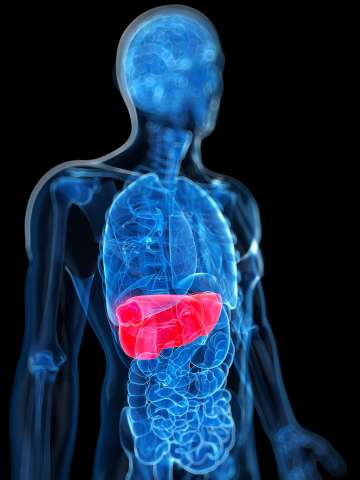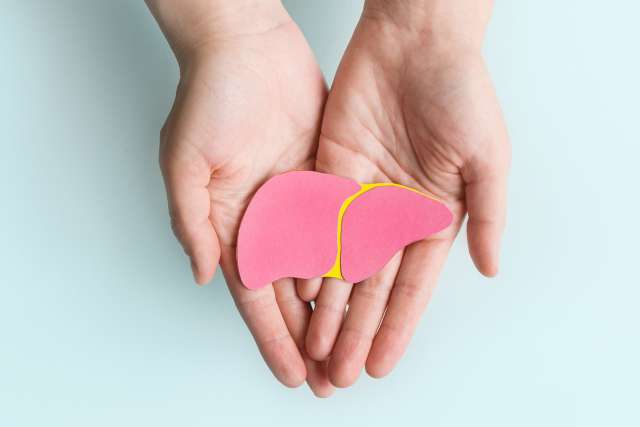Pediatric Liver Transplant
Searching for pediatric liver transplant centers? The UCLA Health Pediatric Liver Transplant Program is one of the largest, most well-established programs of its kind in the world, treating pediatric liver disease and other liver conditions.

Why choose UCLA Health for pediatric liver transplant?
Specialists in the UCLA Health Pediatric Liver Transplant Program have performed more than 1,000 children’s liver transplants. This makes us one of the largest and most well-established liver-transplant centers in the country.
We consistently lead the way in researching and implementing new best practices in pediatric liver disease care.
Highlights of our program
- Expertise in pediatric techniques: The UCLA liver transplant team has helped expand donor options by developing new surgical techniques. For example, we offer adult-to-child living donor liver transplants. We also perform split-liver transplants, in which we can split a donor liver into two portions for two different patients.
- Collaborative approach: When you choose UCLA Health for your pediatric liver transplant center, your child has access to all the necessary pediatric subspecialists. We use a team approach and work closely with specialists such as pediatric gastroenterologists to make sure children with pediatric liver disease have all the care they need.
- Seamless care transitions: Before, during and after the transplant, the UCLA liver transplant team walks your family through each step in your child’s treatment journey. Dedicated Child Life Specialists connect your family with others who have experienced similar journeys. They also support your family through recovery and rehabilitation. When the time comes, we have a specific process in place to help your child transition smoothly into adult care.
Conditions we treat
Children are candidates for liver transplants if they have severe liver problems. Some reasons a child might need a transplant include:
- Alagille syndrome: A genetic disorder in which babies have fewer bile ducts — the tubes that carry fluid from the liver to the small intestine — than usual.
- Alpha-1 antitrypsin deficiency: A condition in which alpha-1 antitrypsin proteins, proteins that protect the lungs, are not the correct shape, increasing one’s risk for liver disease.
- Biliary atresia: A rare disease in the bile ducts and liver that occurs in newborns.
- Hemochromatosis: A hereditary condition that can cause too much iron in the body.
- Liver cancer: When cancerous cells form and spread in the liver.
- Viral hepatitis: An infection that leads to liver inflammation.
Treatments we offer
Thanks to our team’s commitment to research and innovation, we offer approaches that expand the available donor pool for your child. Some of these techniques include:
- Adult-to-child living donor transplants: With this option, adults can donate a part of their liver to a child recipient. The donor is usually a close family friend or relative.
- Split-liver allografts: With this procedure, we can split a deceased donor organ into two portions to give to two different children. This technique allows more children who need transplantations to receive them.
- Multi-organ transplants: We continue to research the best ways to perform multiple organ transplants in children, such as liver-heart transplants for children who also have heart conditions.
Meet our team
Our specialists are experts in clinical care as well as research for pediatric liver disease. We consistently pave the way in establishing new treatments and techniques and increasing access for children to receive liver transplants. Our team includes experts in liver transplant surgery as well as pediatric gastroenterology.
Contact us
Call to request an appointment with a specialist in the Pediatric Liver Transplant Program at UCLA Health.
Find your care
Our liver transplant specialists lead the way in clinical research and pediatric care. To learn more about our services, call
.
